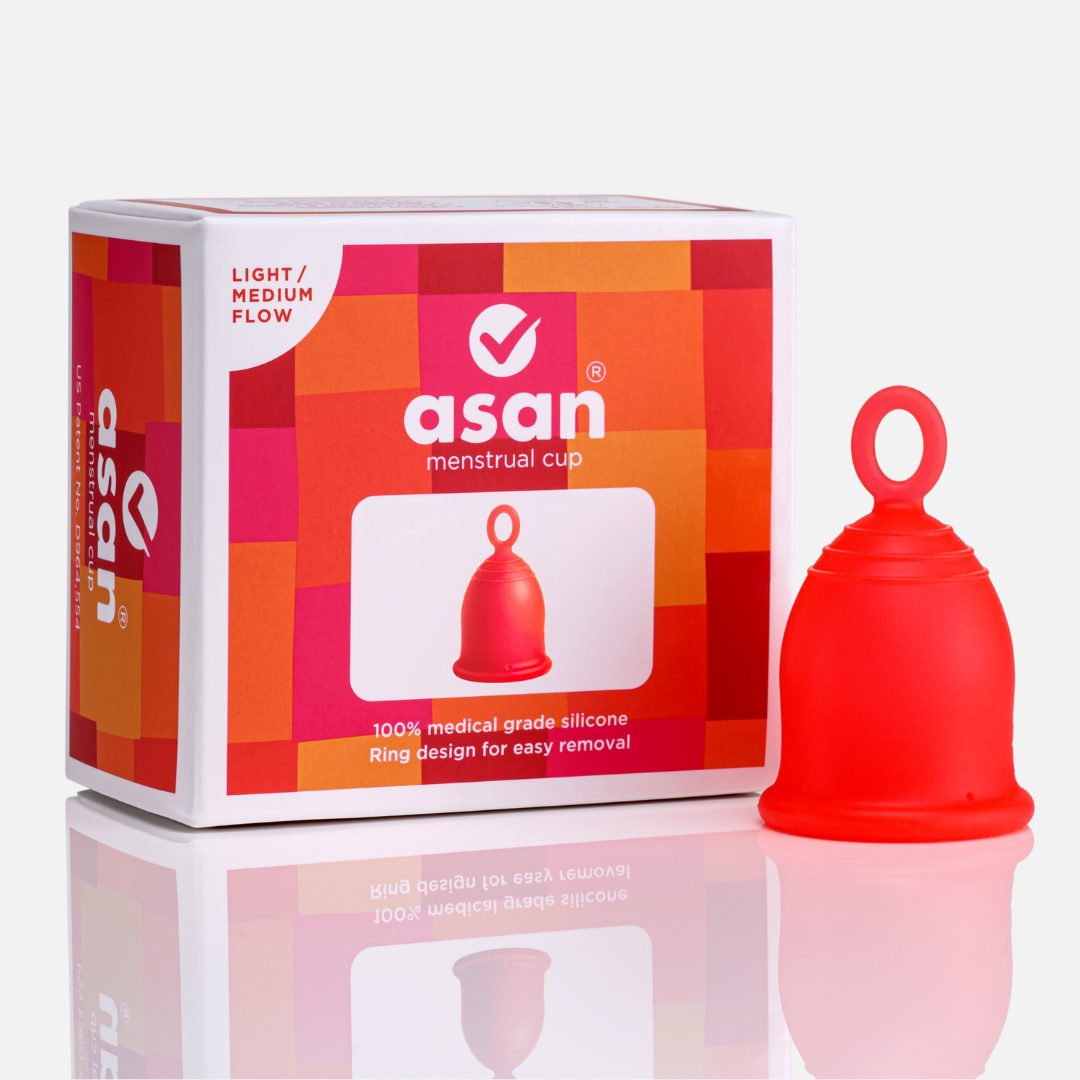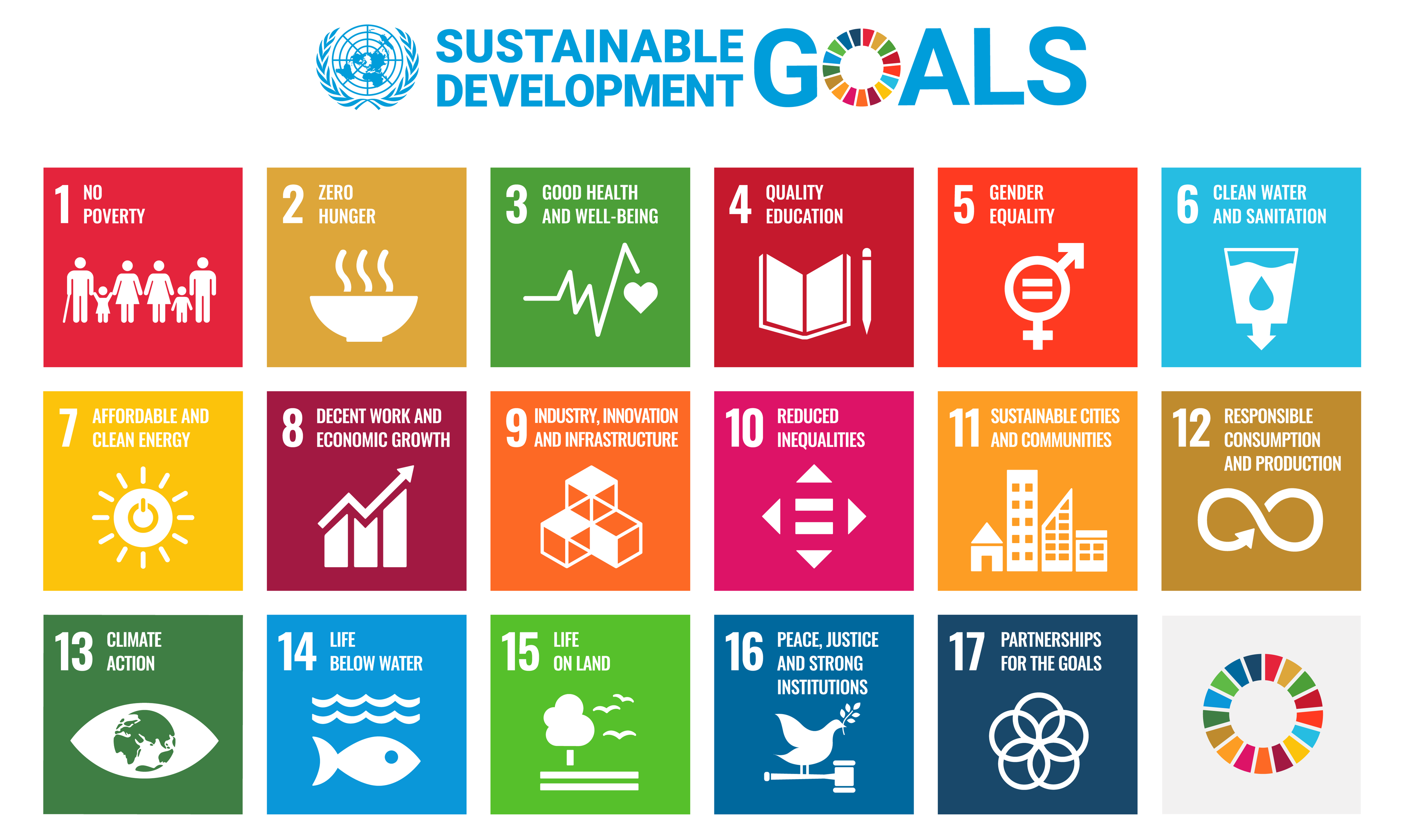

The Sustainable Development Goals (SDG’s) were adopted by the United Nations in 2015, as a plan of action to end poverty and protect the planet by 2030.
How does Asan support the sustainable development goals?
Asan is a social enterprise working towards a better planet, with safer, good quality period products for everyone irrespective of income and caste. Let’s explore how Asan contributes to the SDG’s.
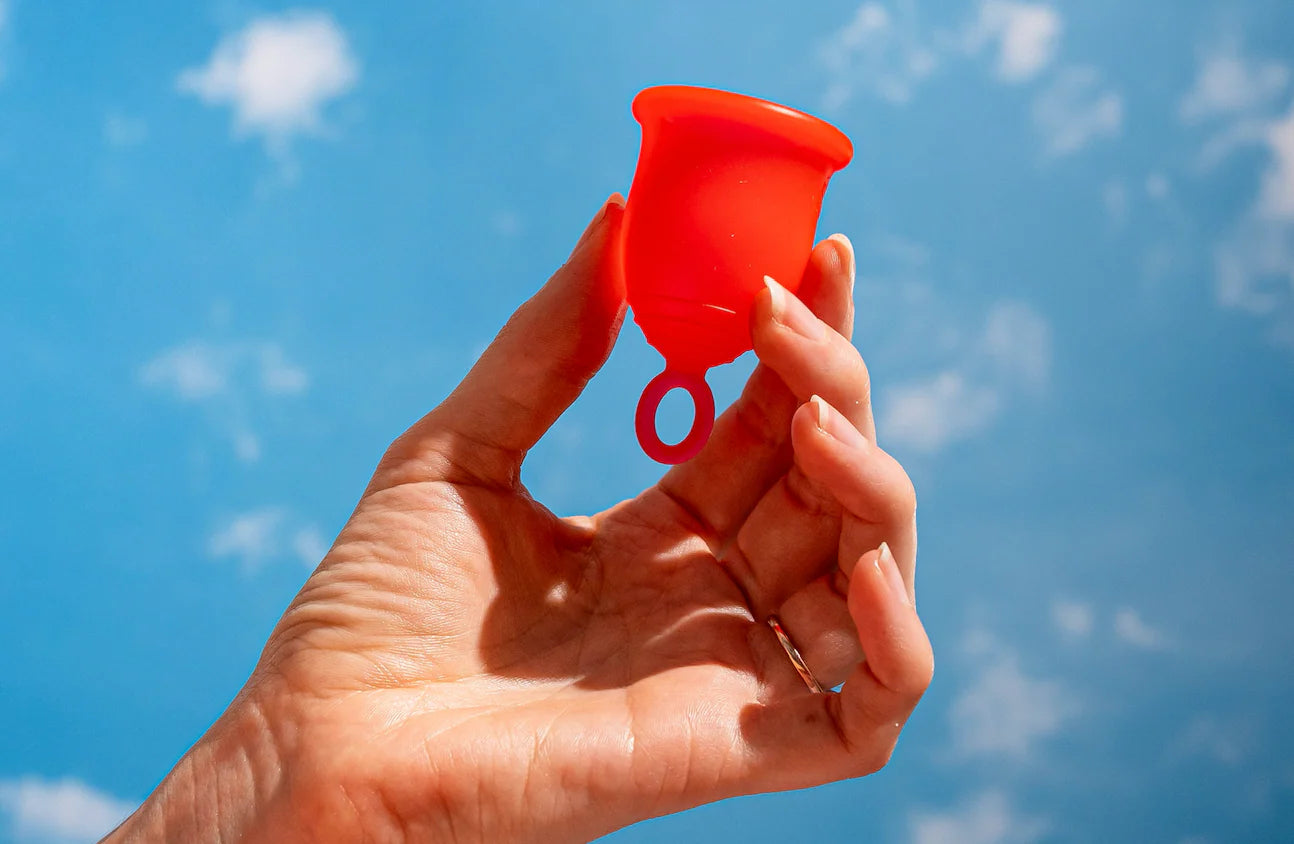

#1 SDG: No poverty
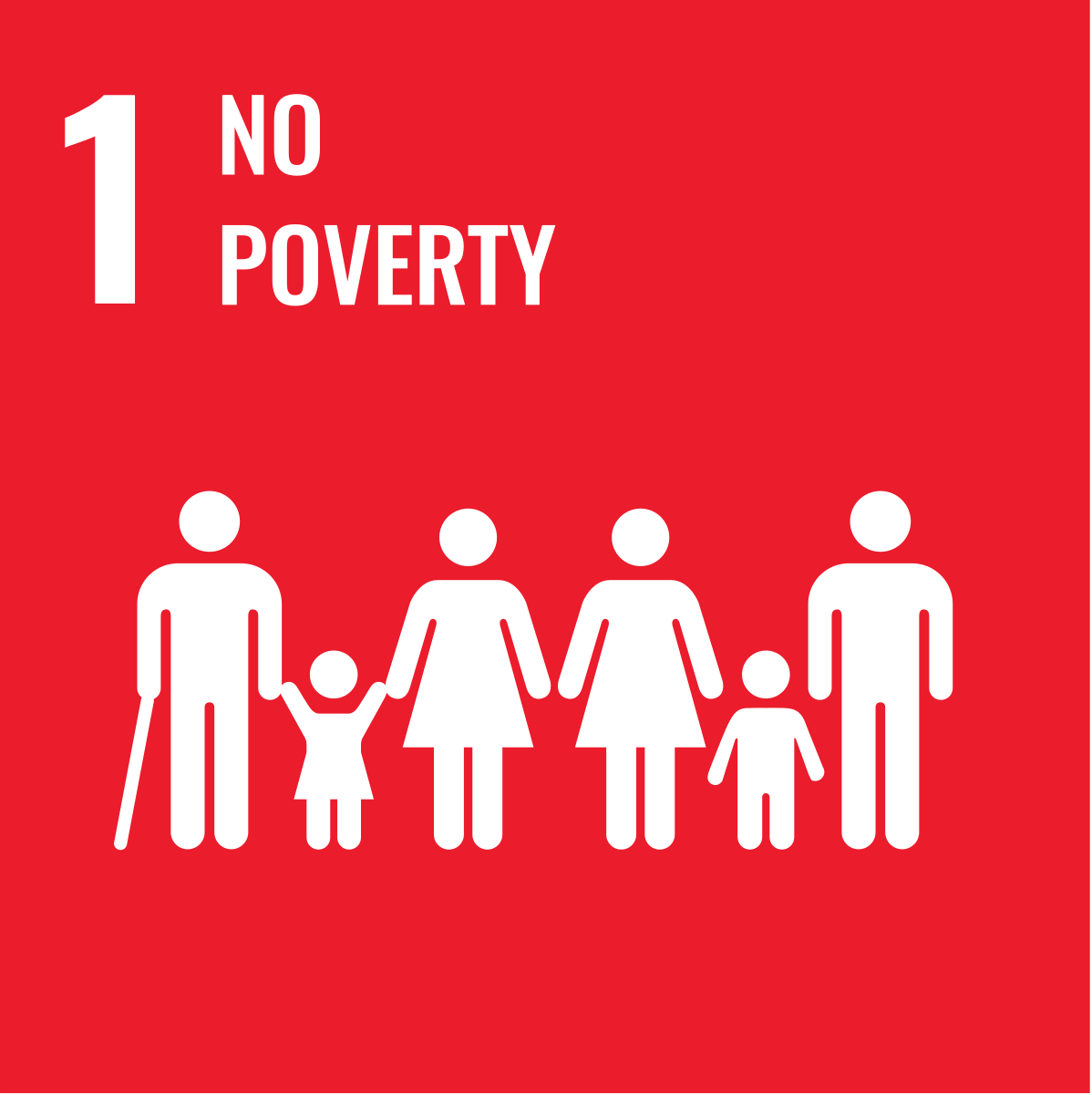

The goal of No Poverty aims at eradicating all forms of poverty by 2030. It targets the most vulnerable by increasing access to basic necessities like food, water, clean and safe sanitation.
Period poverty is the lack of access to good quality, safe period care, sanitation facilities and adequate period education.
Asan directly tackles eradicating period poverty through its 1-for-1 Donation Programme and social impact work. For every Asan cup bought, we donate one to someone who cannot afford safe period care. Through this model, it has donated about over 100,000 Asan menstrual cups across South Asia and Africa.
A single Asan cup can be used for up to 10 years, saving a huge amount of money that would have been spent on poor quality, non-reusable period products - enabling communities to save more money for education and living expenses.
#3 SDG: Good health and well-being
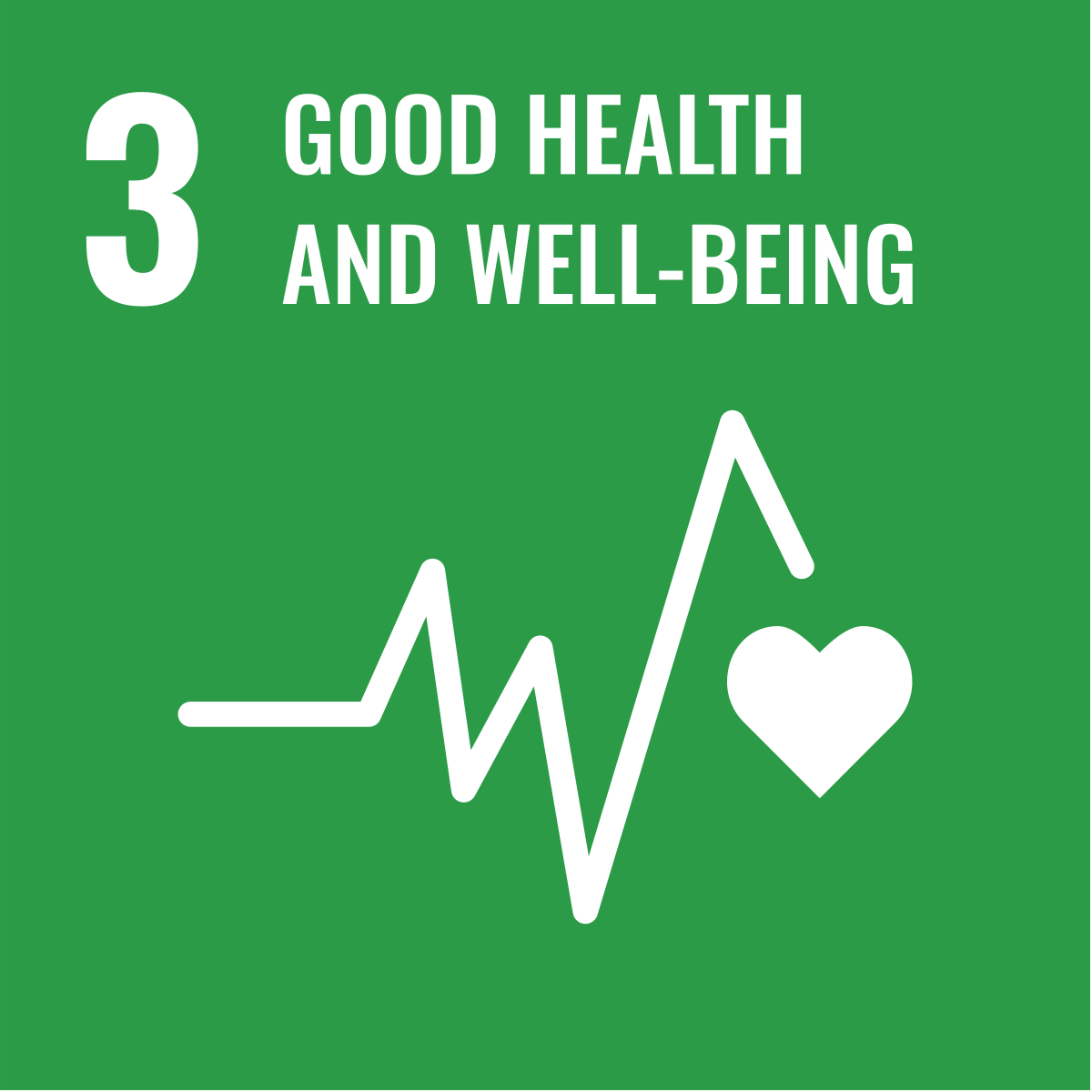

Menstrual health is a key aspect of overall health. Poor menstrual hygiene can lead to reproductive and urinary tract infections, which can affect physical and mental well-being.
Asan promotes good health by providing a safe and hygienic alternative to traditional, often unhygienic, methods like cloth rags and single use plastic period products.
The Asan cup is made from medical-grade silicone, which is safe for the body and reduces the risk of infections.
Asan has a specially designed menstrual education programme to educate women about period hygiene and period cups. It focuses not only on adoption, but on the holistic knowledge of how women and girls can have a better, safer period.
#5 SDG: Gender equality
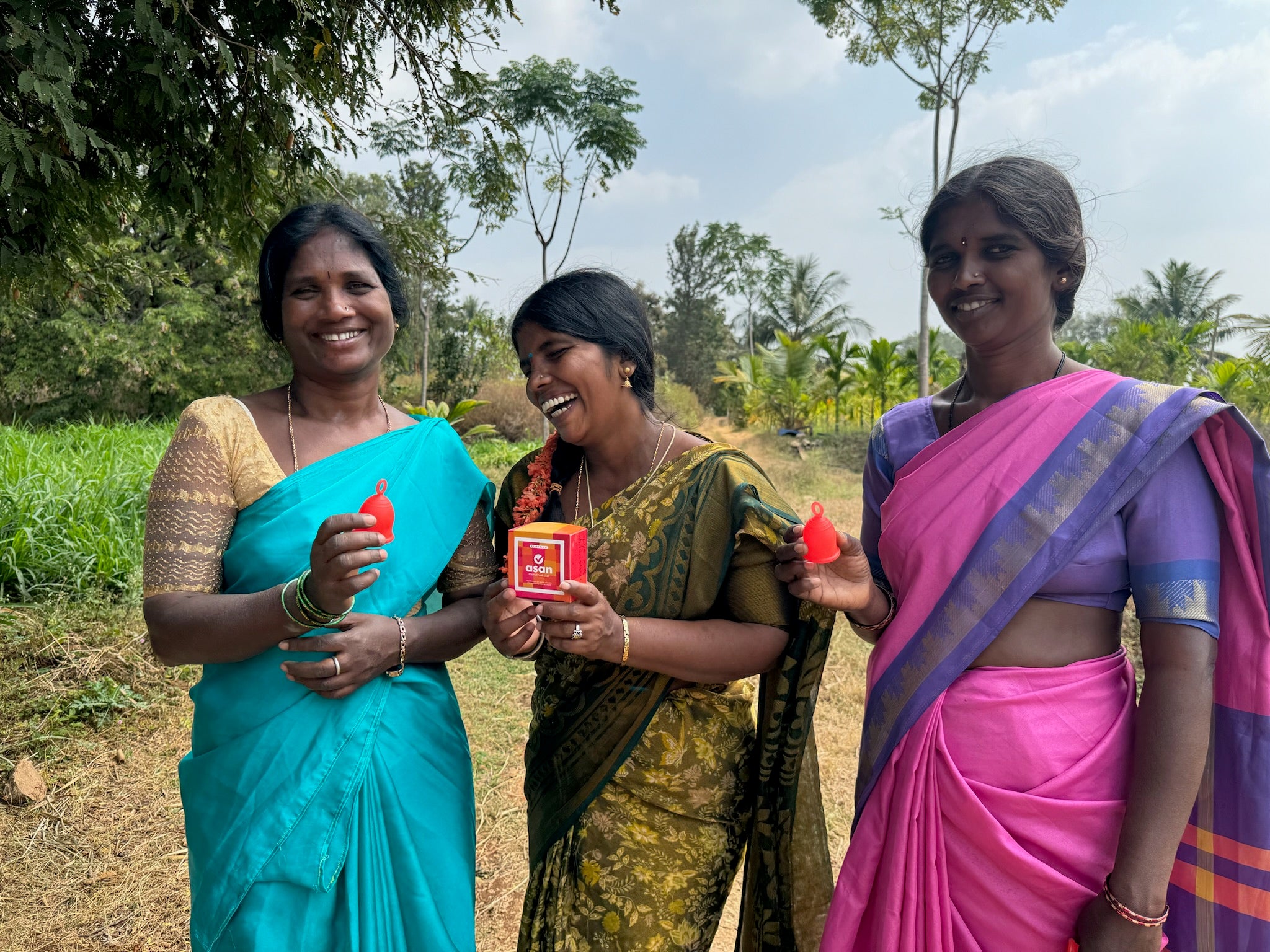

Periods have been a discriminating factor for many years. Women have been singled out for having a period, which has significantly contributed to the gender gap.
Lack of safe period care options has led to women and girls to skip work and school which - further reinforces this inequality. Stigma and a lack of proper facilities can cause them to miss out on opportunities that they have a right to.
By providing a long-term, comfortable, and leak-free solution, Asan empowers women and girls to attend school and work without anxiety or fear.
With Asan, women and girls around the world have gained 25,025,000 days of work and school. Without this fear, women are able to participate equally in society, and do not have to stop making a name for themselves.
#6 SDG : Clean water and sanitation
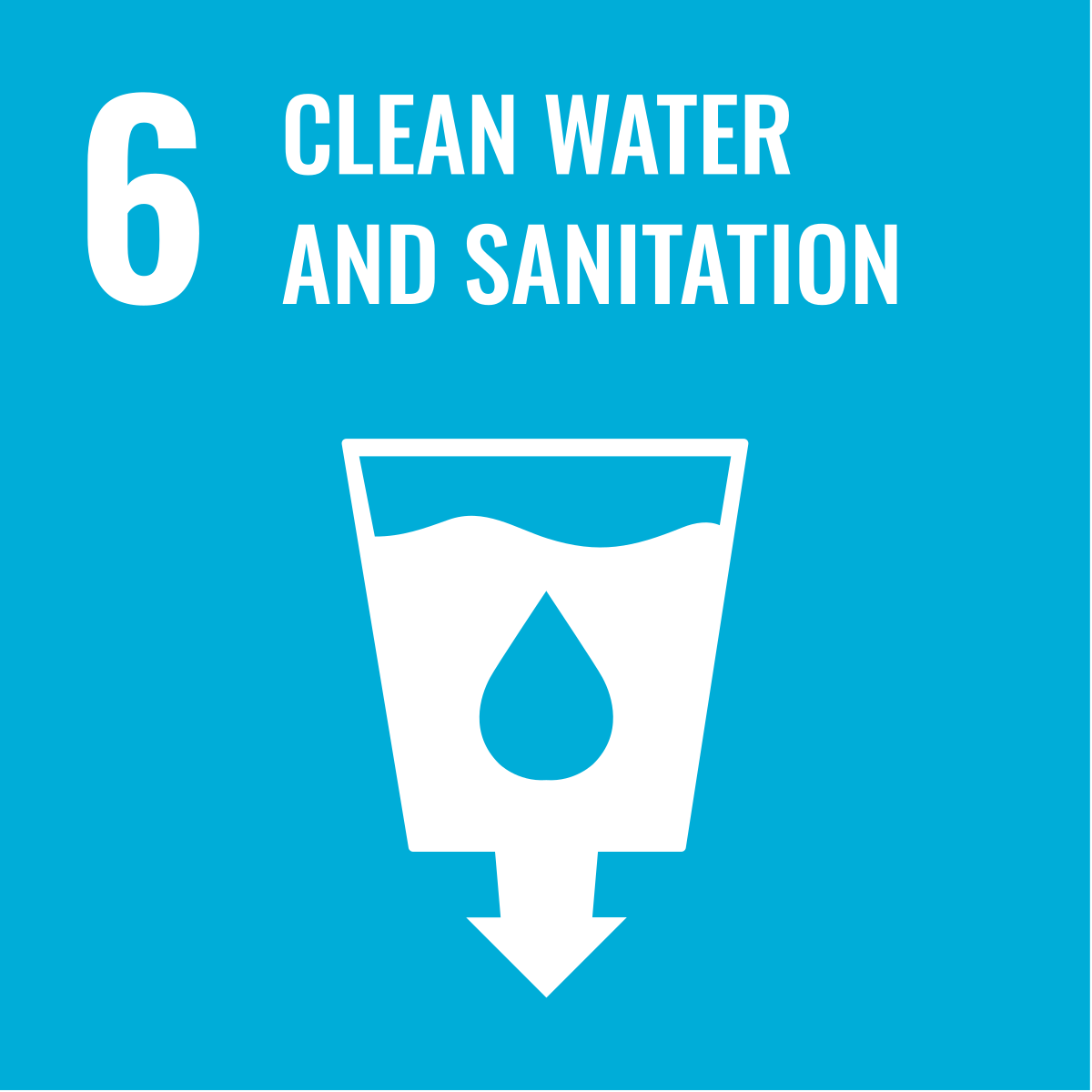

Access to clean water and sanitation (WASH) facilities is essential for proper menstrual hygiene. Many people do not have access to a private, clean place to change or clean their menstrual products.
Menstrual cups require less water to clean than the amount of water and resources used in the usage and disposal of single-use pads and tampons.
While cups do require water to be cleaned, a single cup can be cleaned with a small amount of water. It is more efficient and practical, especially in places where water is scarce.
#8 SDG: Decent work and economic growth
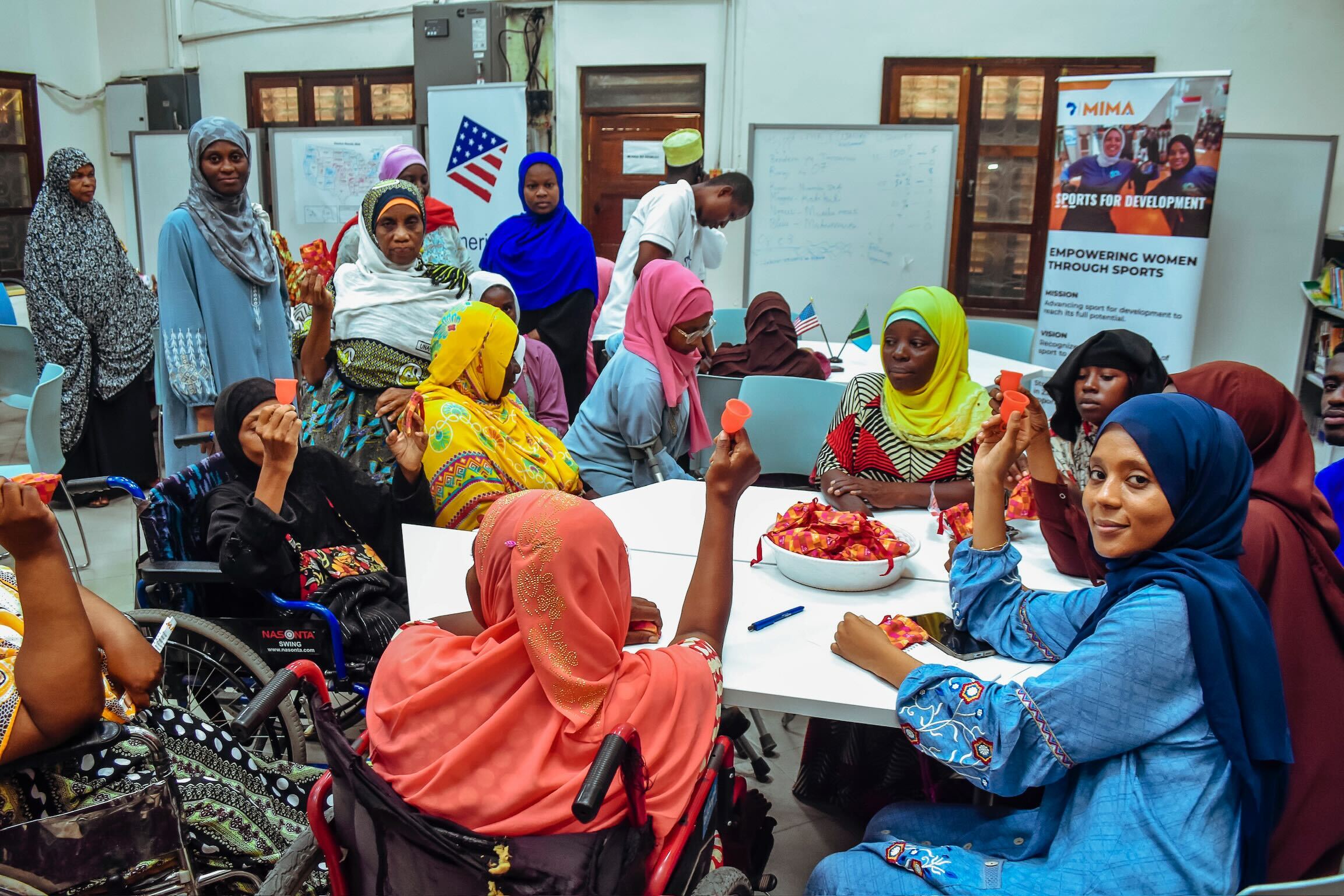

Period poverty and lack of good period care can hinder a woman's ability to maintain a job or move forward in her career. This affects her financial independence and also affects her status in society.
With the Asan cup, you don't feel anything when you use it. There is no smell, no leaks and no discomfort. This makes going to work without the fear of leaking or discomfort easy. What this means is - increased productivity, and increased financial independence.
Not only does Asan aim to make the lives of women all around the world better, with better period care, it also does the same for its team. Asan is a women-led team, which emphasizes ownership, creativity, and leadership. It cares for its employees, and works with empathy which leads to better productivity and ideas.
#12 SDG: Responsible consumption and production
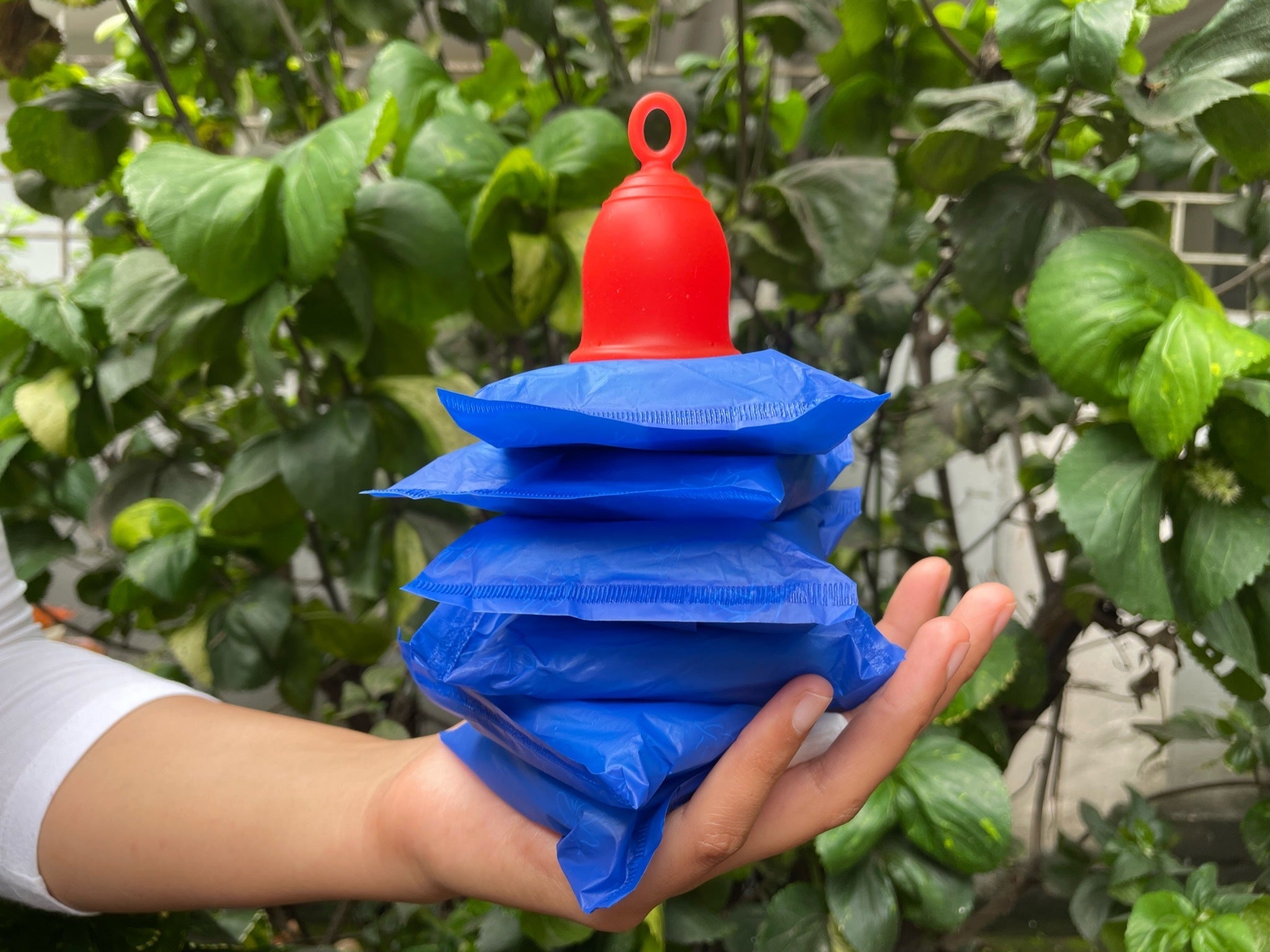

Single use period products like pads and tampons take hundreds of years to degrade, and are a major source of plastic waste. Globally, plastic pollution is set to weigh 1.3 billion tonnes; an area over 1.5 times the size of the UK, by 2040. What this means is that every single minute, a large rubbish truck’s worth of waste ends up in our oceans, suffocating and drowning hundreds of species of marine life.
For the longest time, single-use period products have been the norm. Poor quality, made using harmful chemicals and plastics, and bad for the environment. With reusable period product innovation and research, we now have options for reusable menstrual products that are not only better for you but better for the environment. This is where Asan menstrual cup comes in.
One Asan cup can be used for up to 10 years, averting 2,500 sanitary pads or tampons from landfill waste. This encourages responsible consumption patterns, with less waste.
#13 SDG: Climate Action
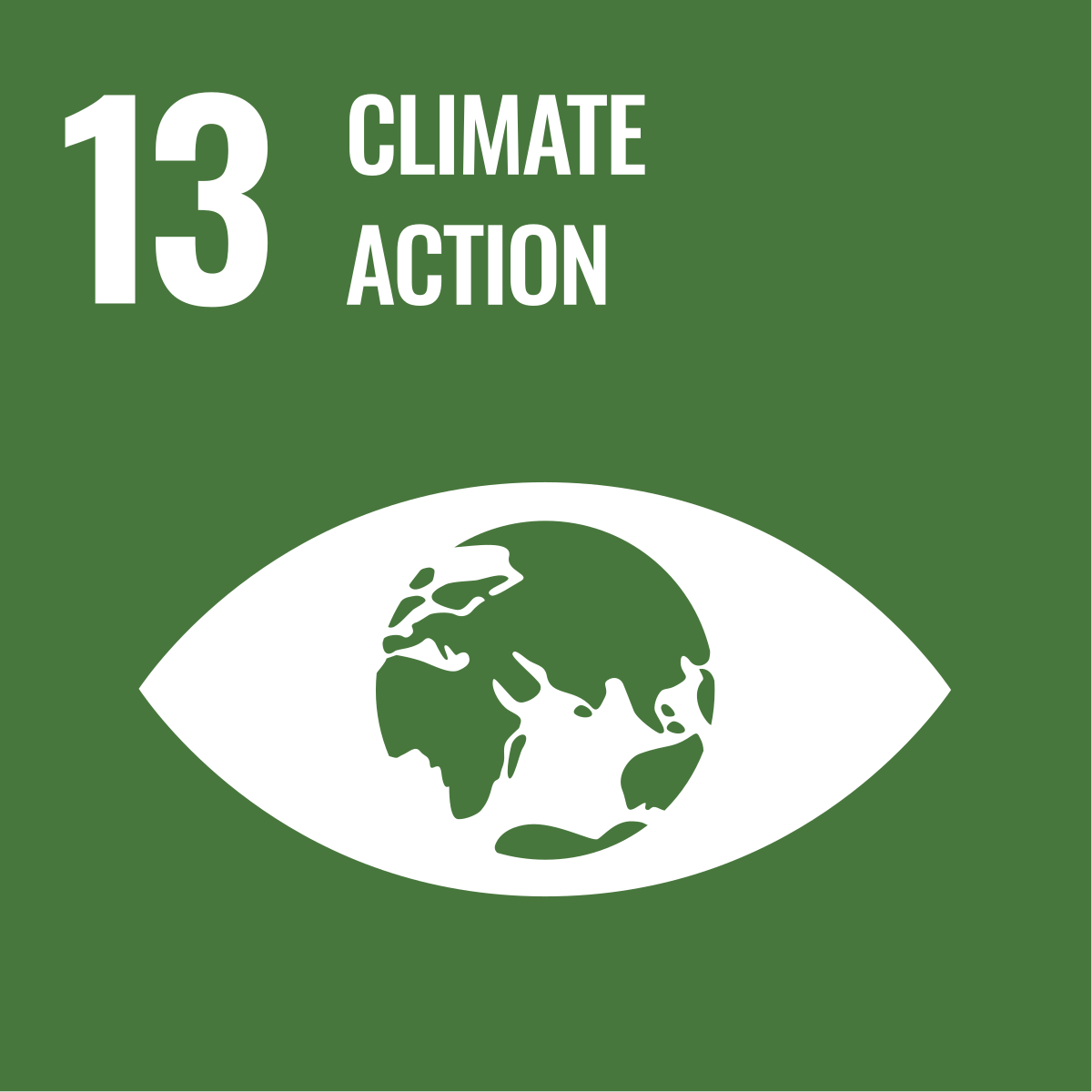

The production, transportation, and disposal of disposable menstrual products also contribute to greenhouse gas emissions and pollution.
Since the Asan cup is reusable, the energy and resources being used to manufacture, package and market the cup reduces drastically its environmental impact is significantly lower.
Asan is doing its part in moving towards a better, safer planet for everyone on it. Read up more about Asan’s impact work here!
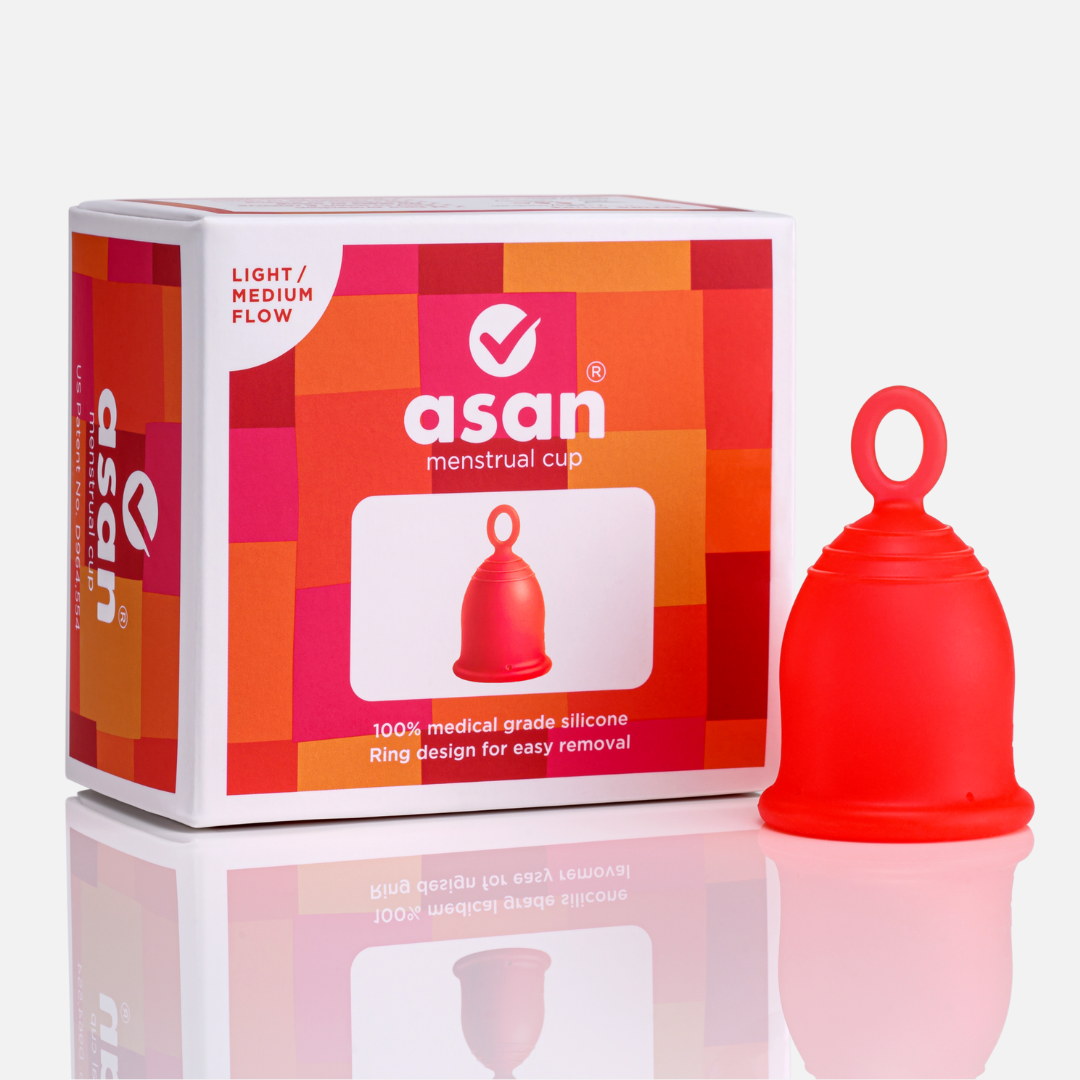
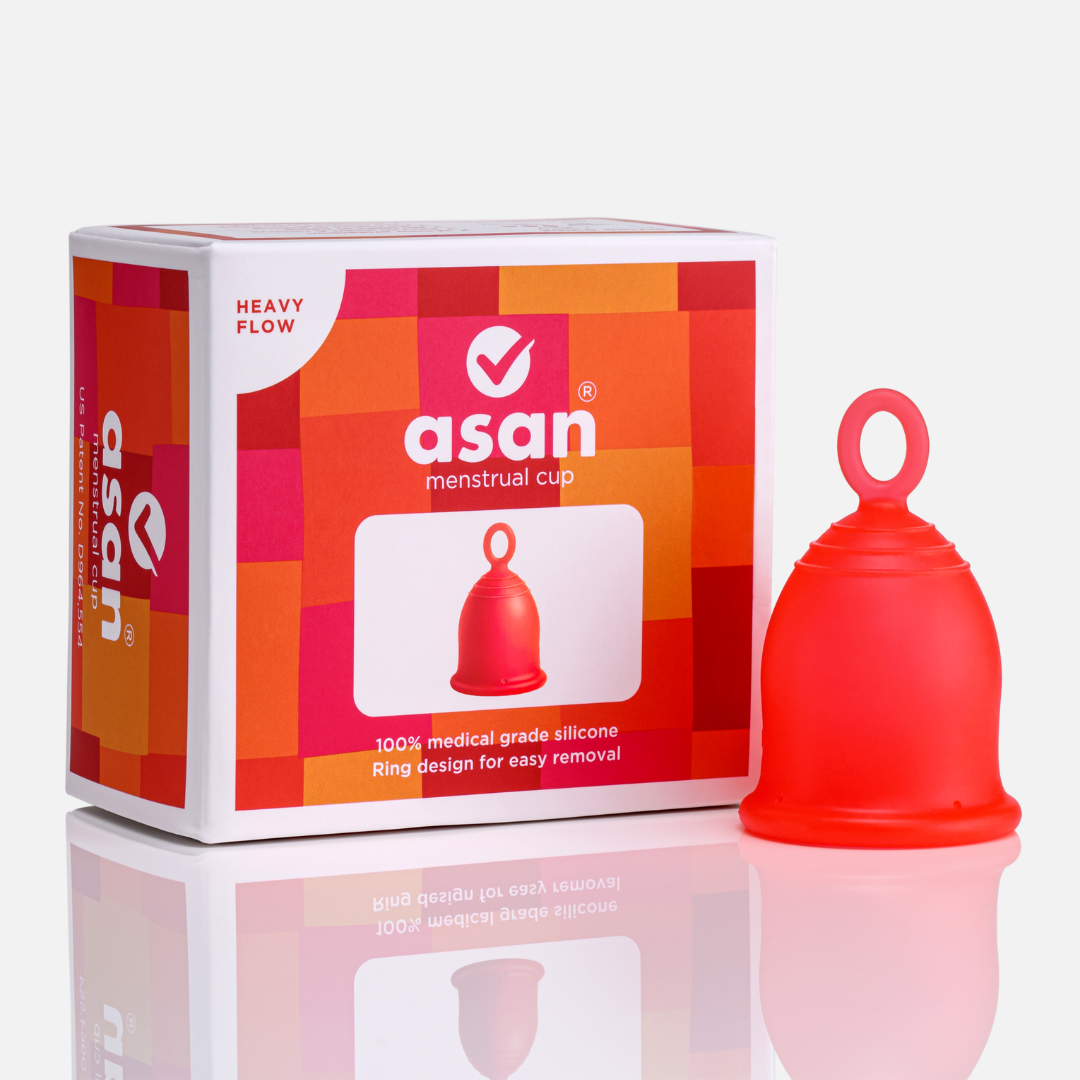
asan store
Asan Menstrual Cup
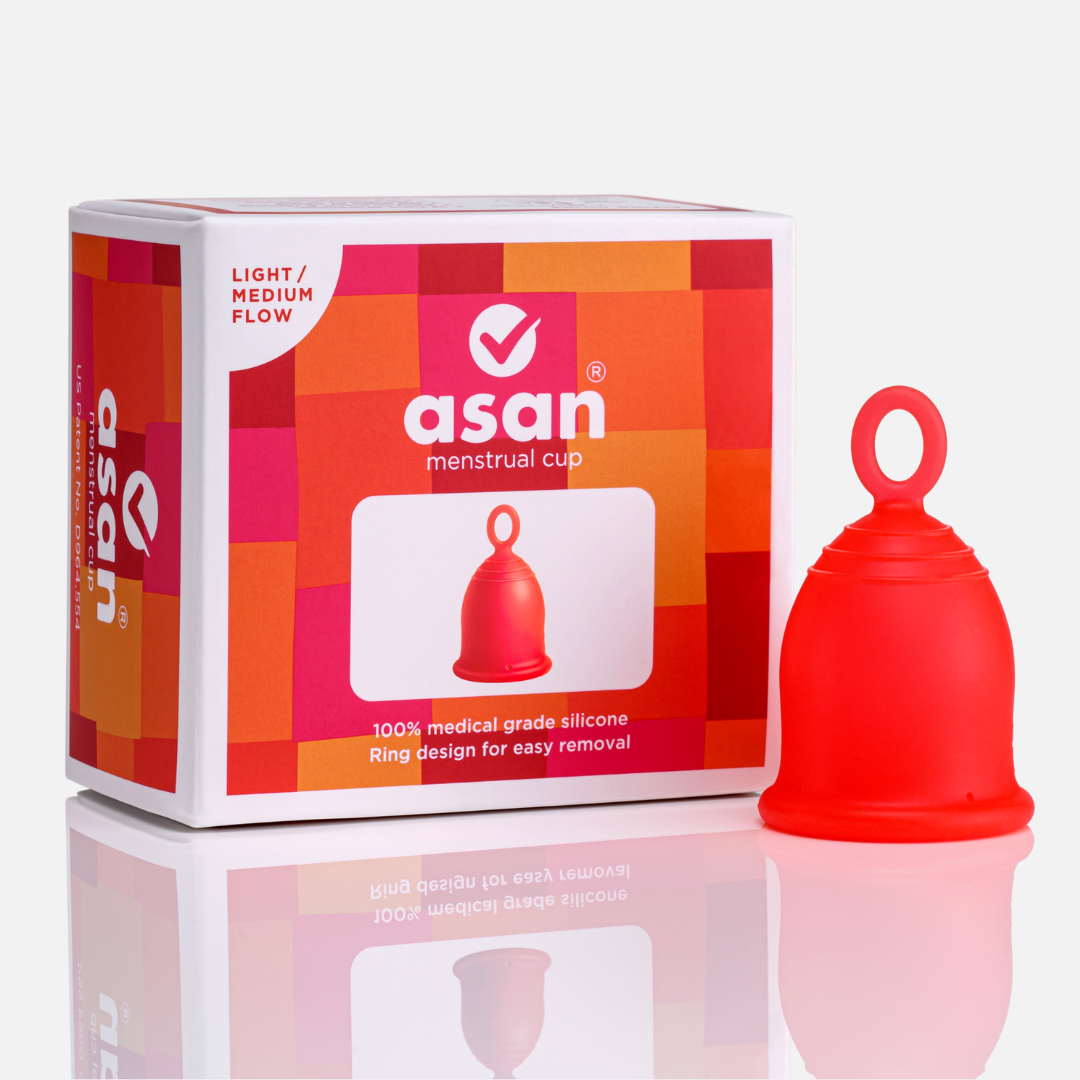

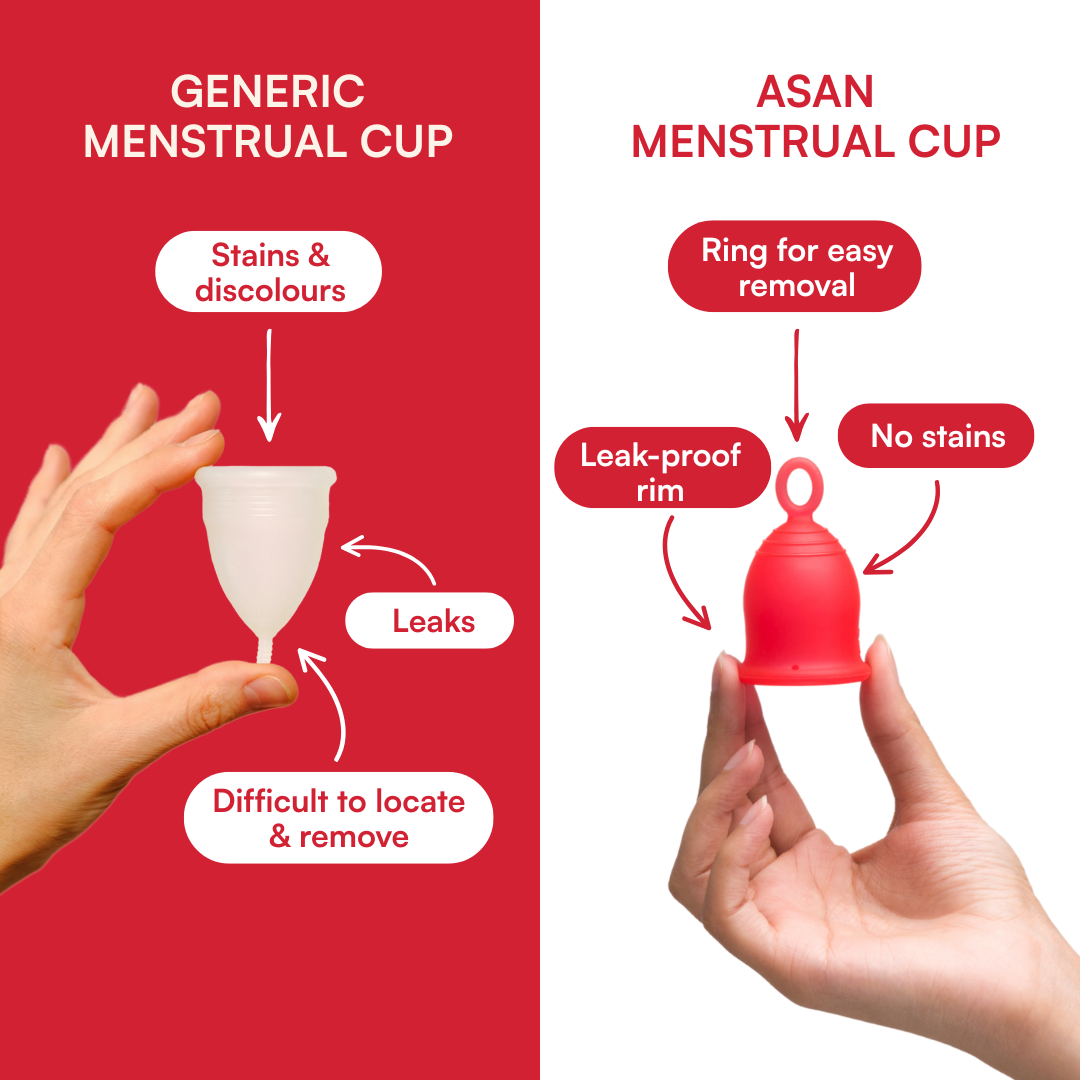
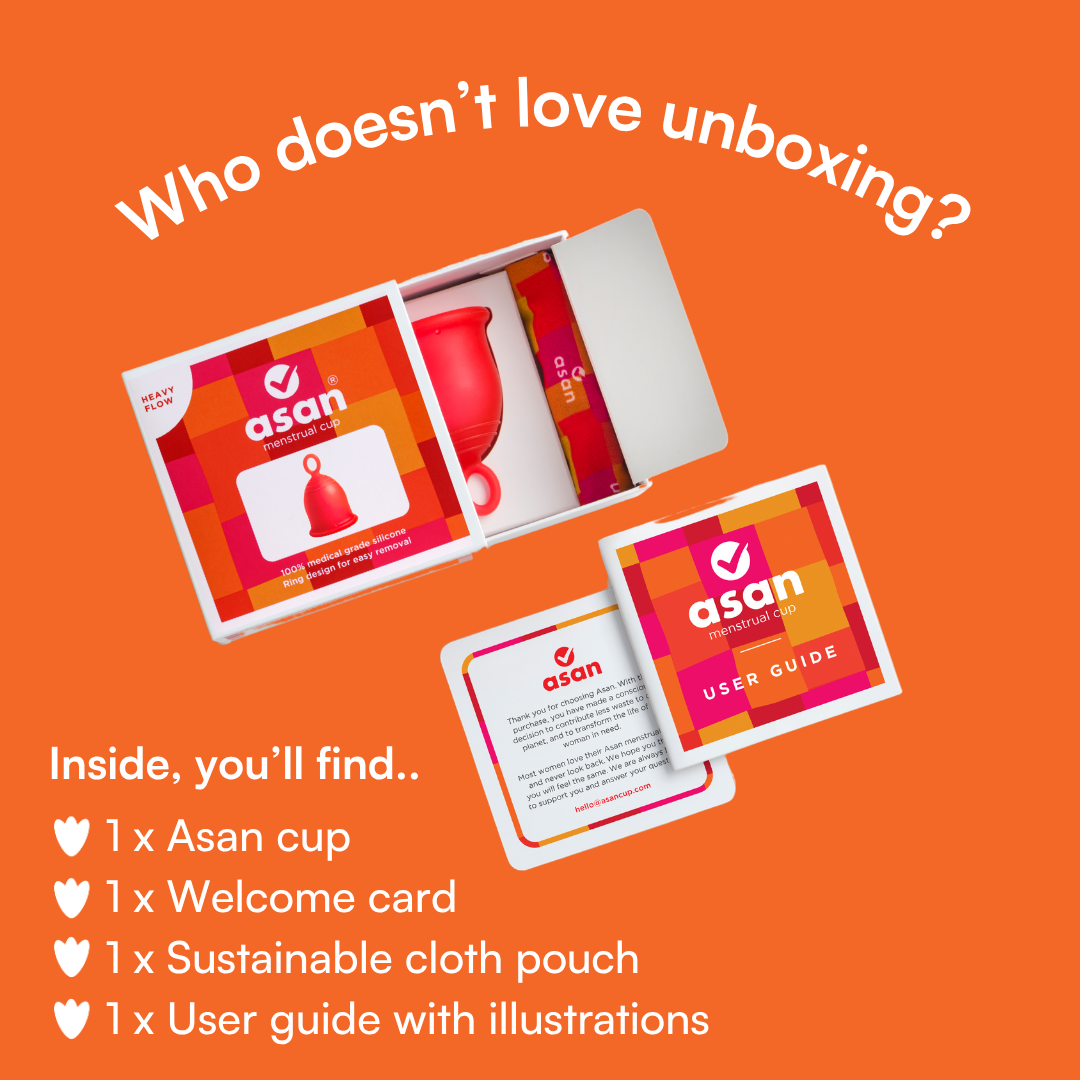
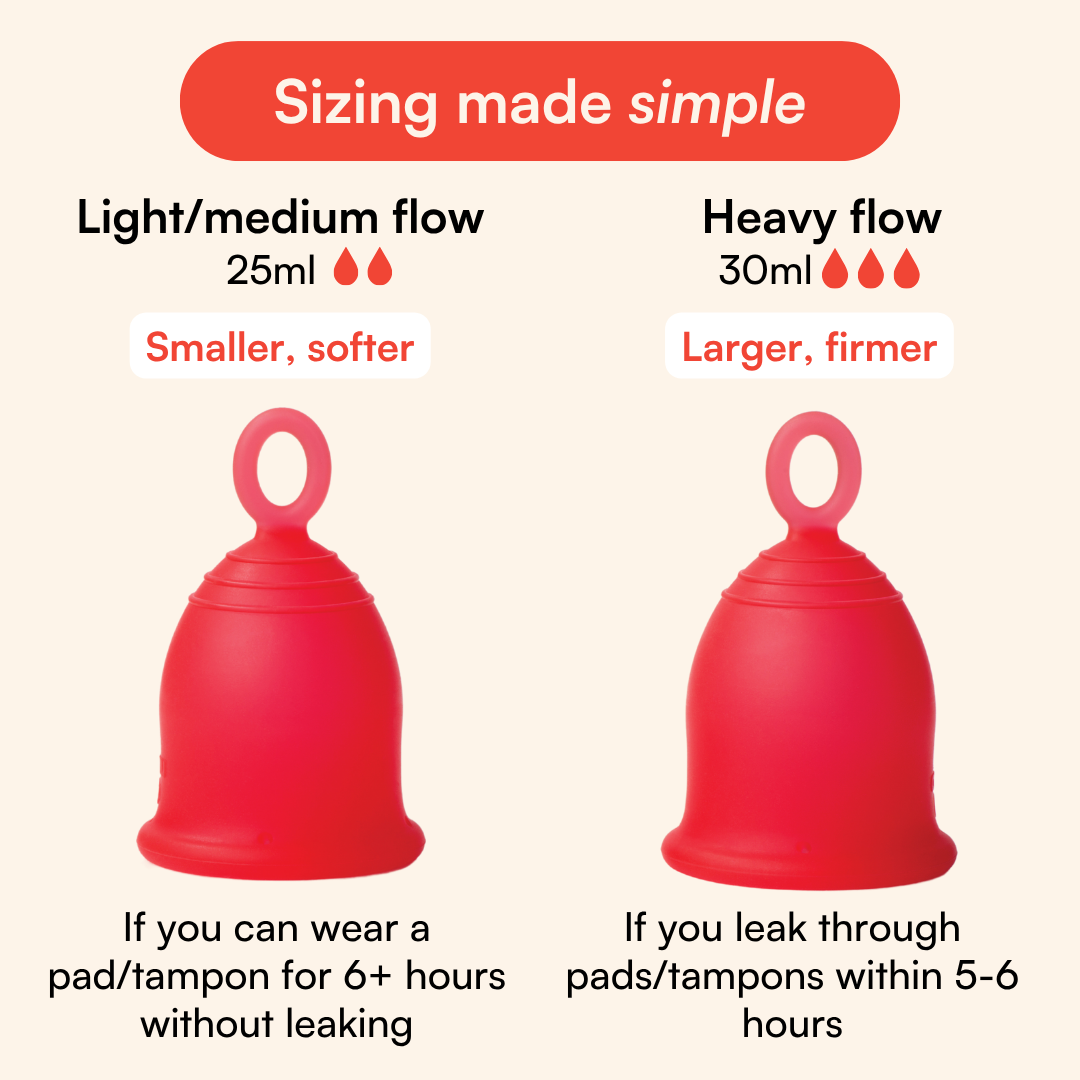
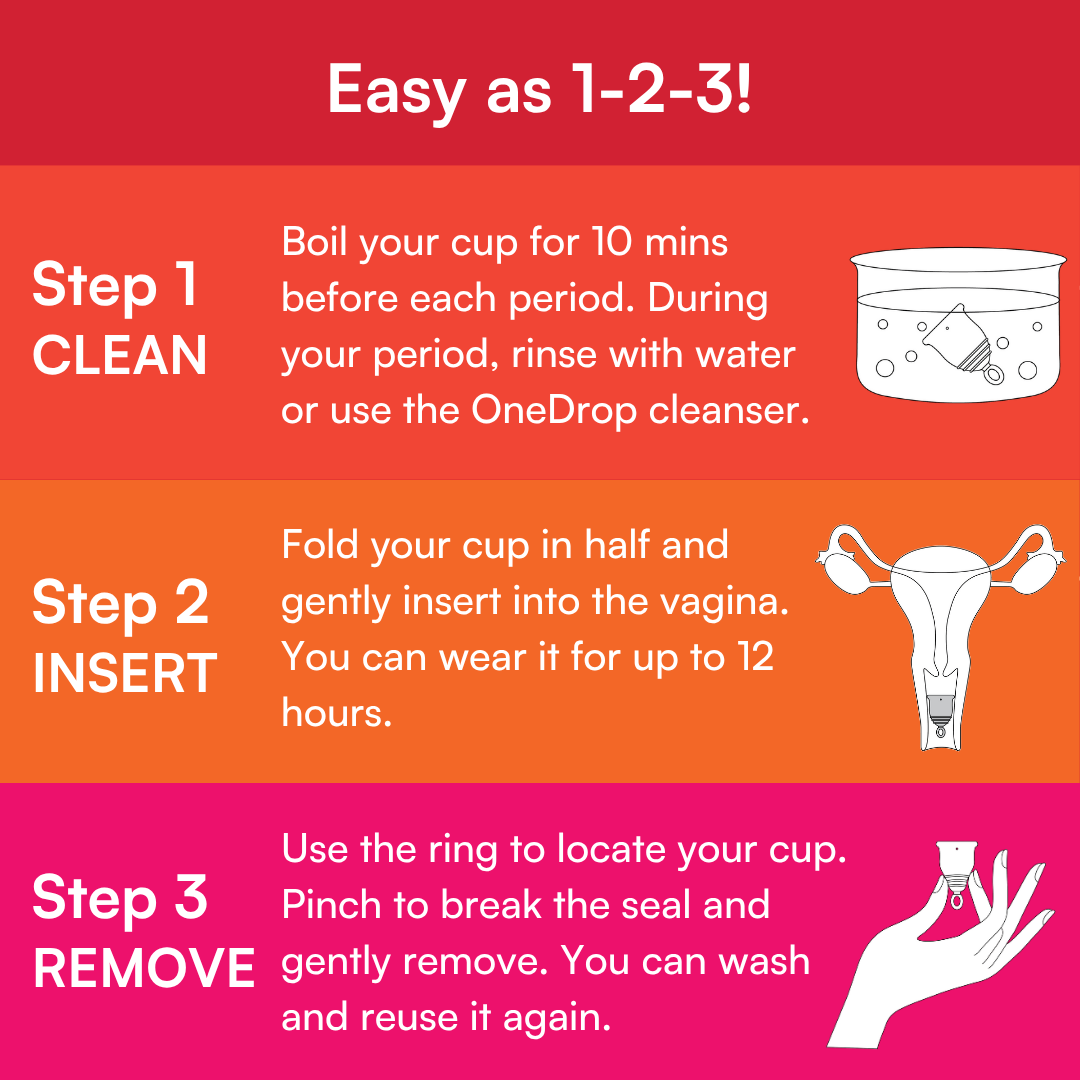
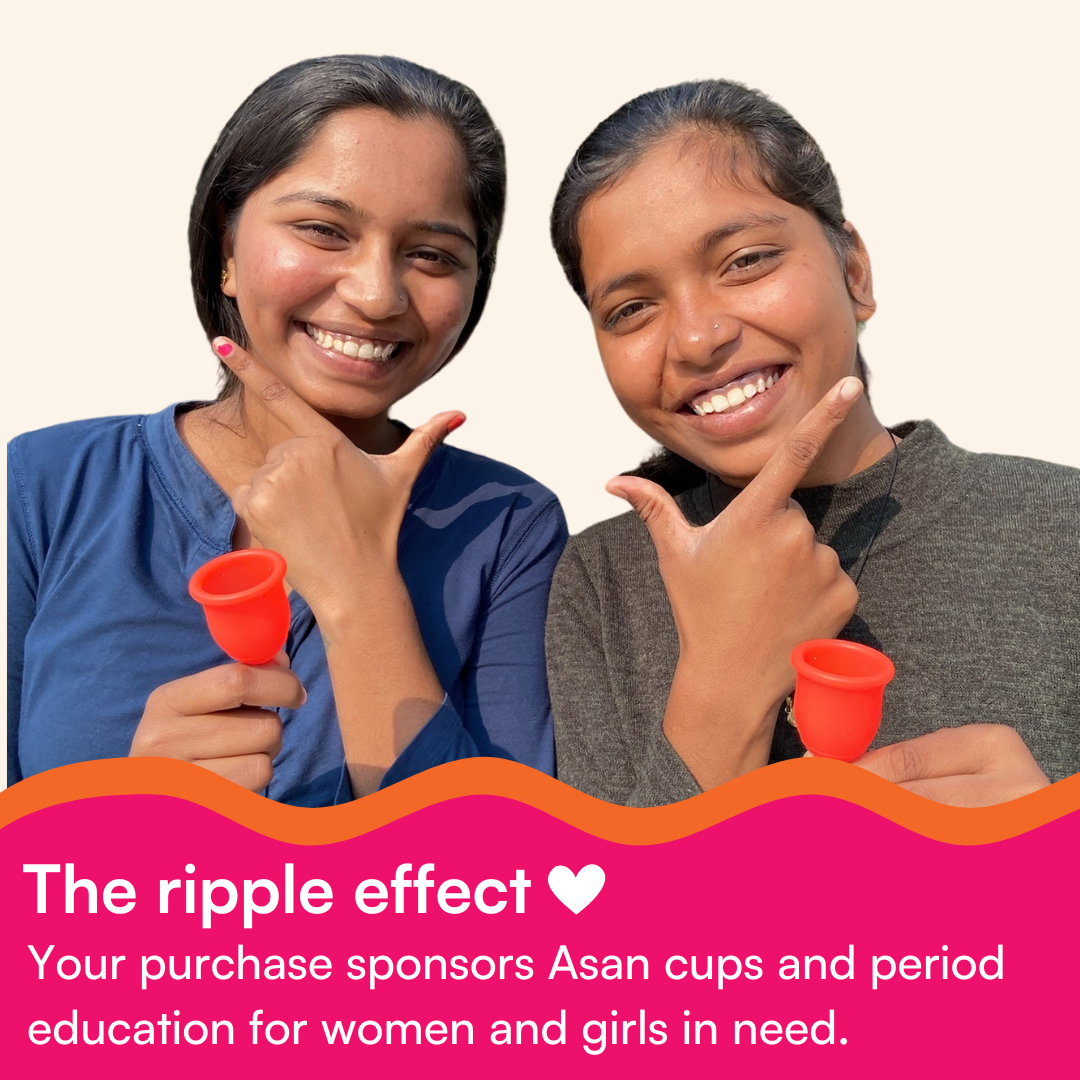
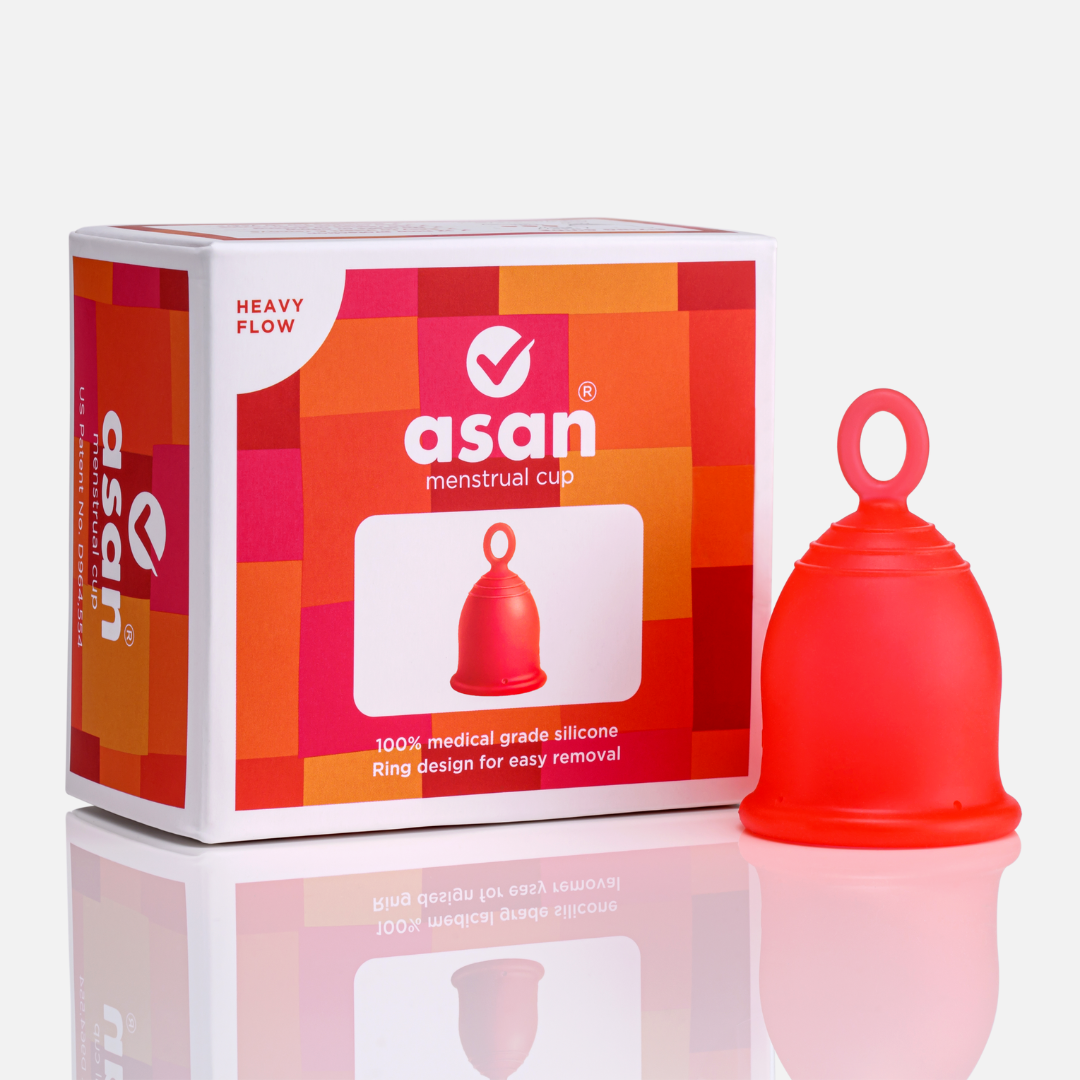
Frequently Asked Questions
How does Asan contribute to UN Sustainable Development Goals?
Asan is a social enterprise working towards a better planet, with safer, good quality period products for everyone irrespective of income and caste. The Asan cup is a sustainable alternative to single use period products which are not only bad for you but also for the planet.
Asan also emphasises on menstrual health education, making sure women and girls everywhere are aware of the importance of menstrual hygiene, and are able to educate more women after them.
It is a long term plan, with long term goals in mind.
What SDGs does the Asan Cup address?
#1 SDG: No poverty
#3 SDG: Good health and well-being
#5 SDG: Gender equality
#6 SDG : Clean water and sanitation
#8 SDG: Decent Work and economic growth
#12 SDG: Responsible consumption and production
#13 SDG: Climate Action
How many disposable products does Asan Cup replace?
The Asan cup replaces 2,500 pads or tampons that you would use over 10 years.
More Posts
View all-
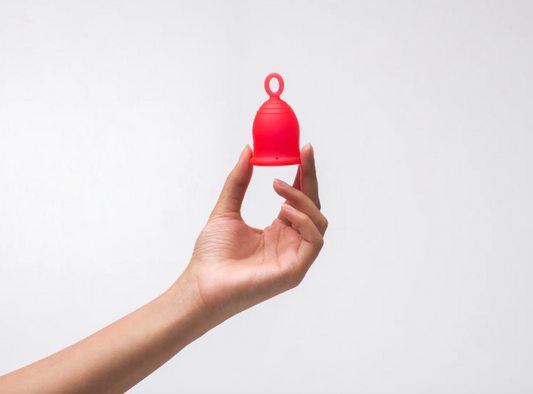
-
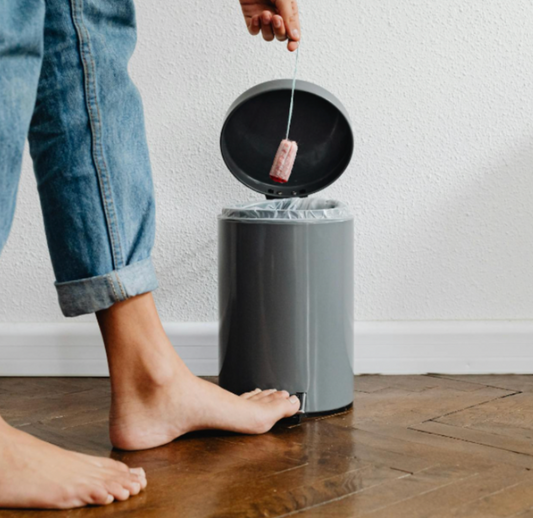
The hidden environmental cost of disposable period products
Understand the hidden environmental costs of single-use sanitary products.
The hidden environmental cost of disposable period products
Understand the hidden environmental costs of single-use sanitary products.
-

The rise of social ventures
In the UK, mission-led businesses are on the rise, growing from just 5,300 in 2003 to over 130,000 today. In this article for Maddyness, Asan’s founder Ira Guha reflects on her...
The rise of social ventures
In the UK, mission-led businesses are on the rise, growing from just 5,300 in 2003 to over 130,000 today. In this article for Maddyness, Asan’s founder Ira Guha reflects on her...
-

Top 10 tips to manage period bloating
Bloating before or during your period is common, but it doesn’t have to slow you down. Here are 10 easy, effective ways to manage PMS bloating and feel lighter during...
Top 10 tips to manage period bloating
Bloating before or during your period is common, but it doesn’t have to slow you down. Here are 10 easy, effective ways to manage PMS bloating and feel lighter during...
